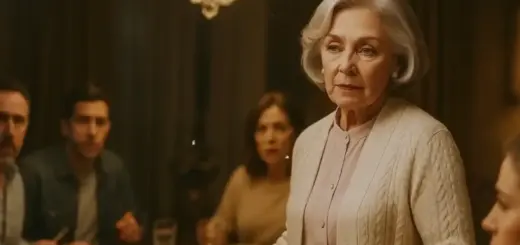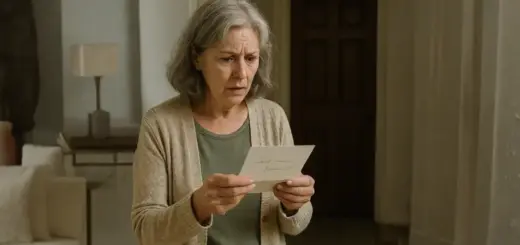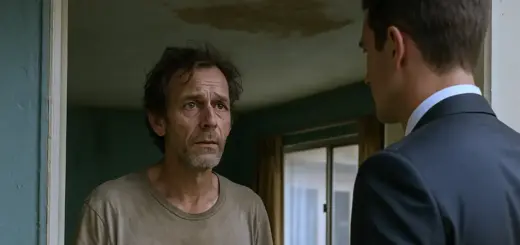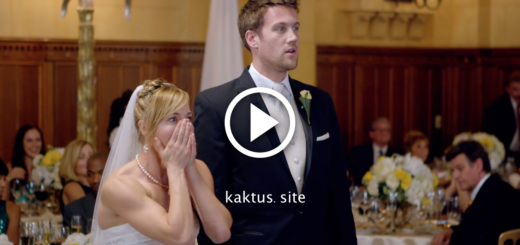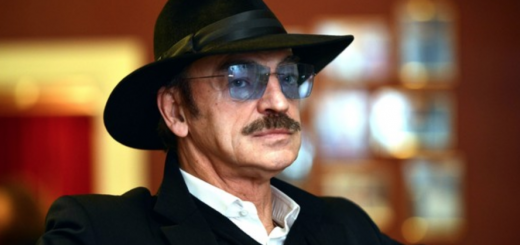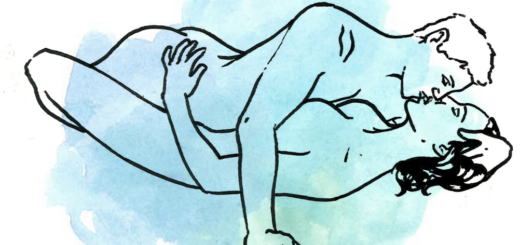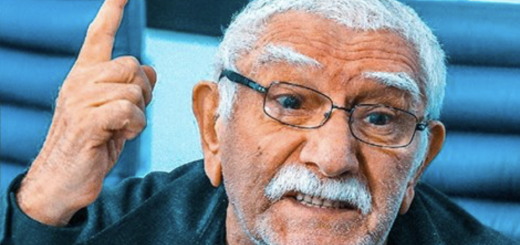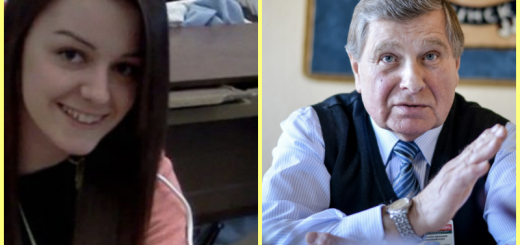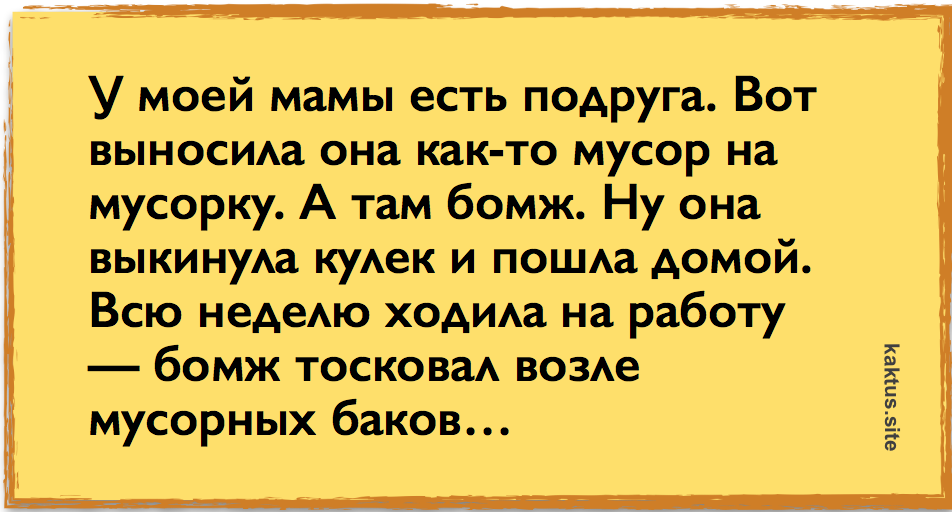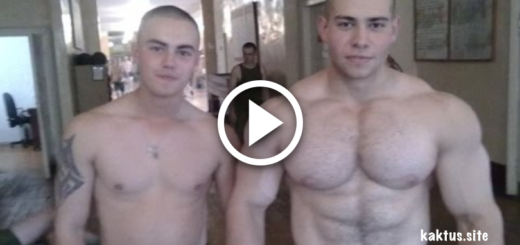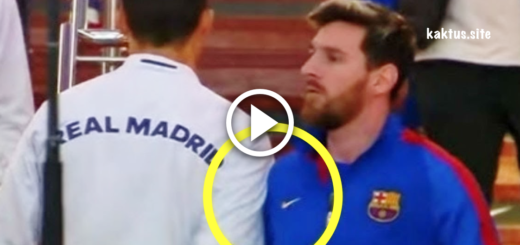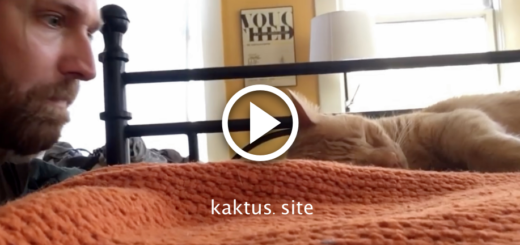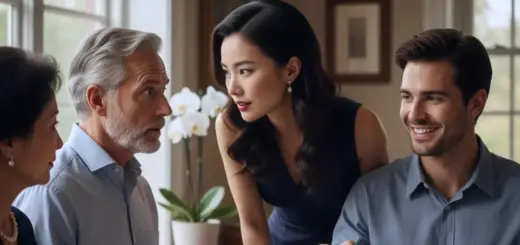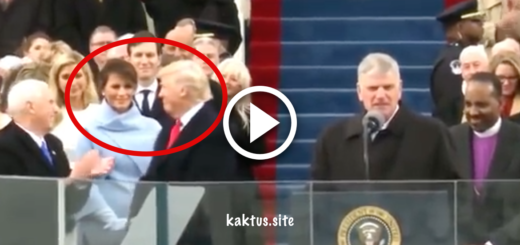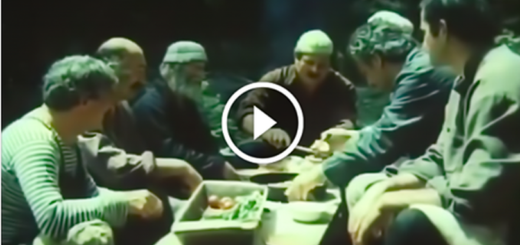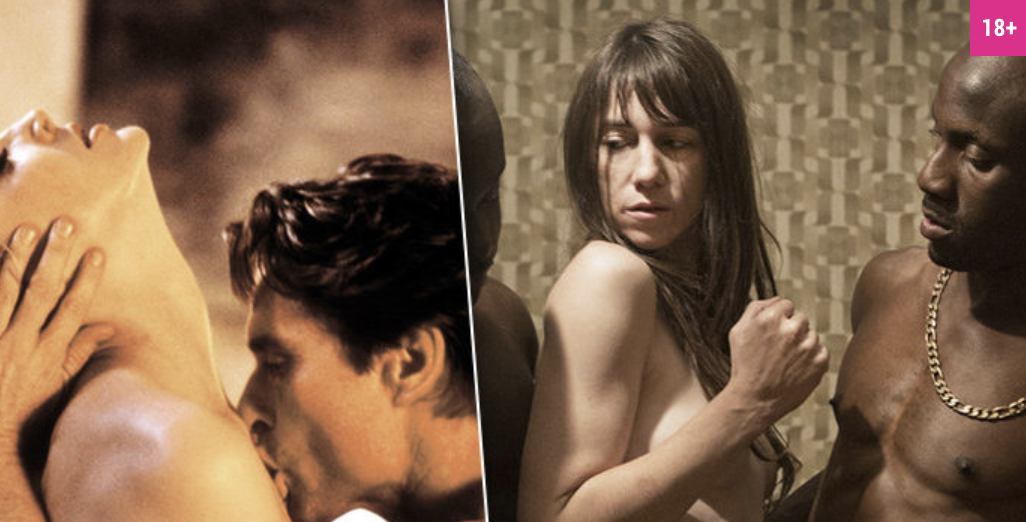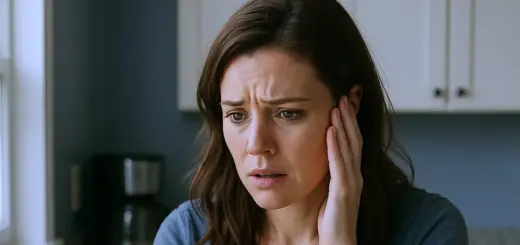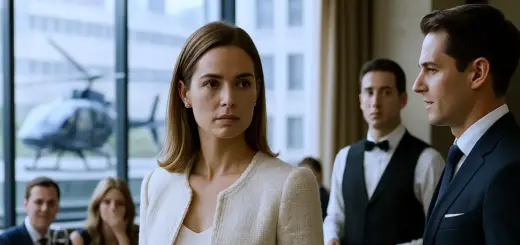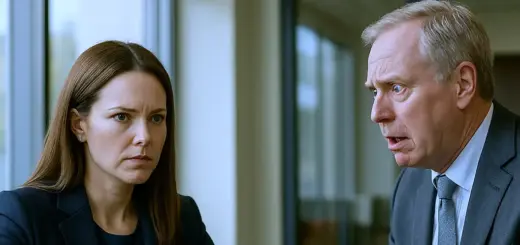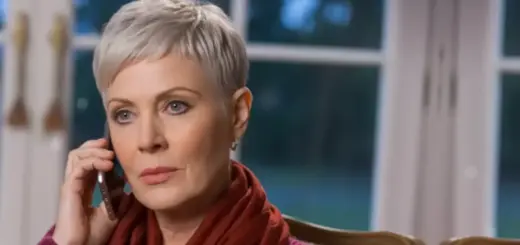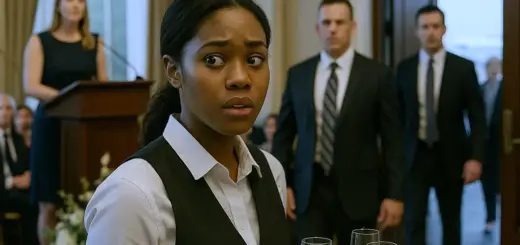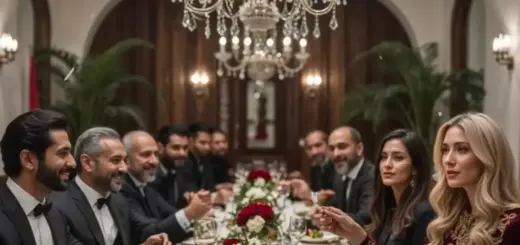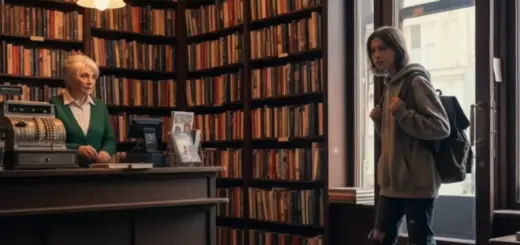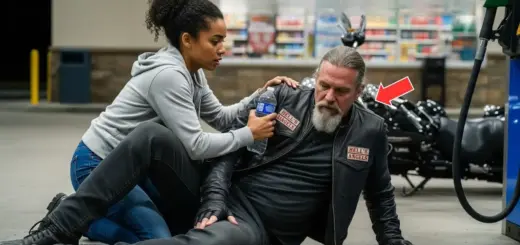You could have declined once you saw me, I pointed out. I considered it, he admitted. But then I saw you dancing with Harrington and I… He hesitated.
I was curious. About James? About seeing you with someone else. His honesty was unexpected.
It’s been 15 months since the divorce. I knew intellectually that you would eventually move on, but seeing it is… different. I studied him, trying to understand his motivation.
Are you jealous, Richard? Because you lost that right when you decided a 22-year-old was more appealing than your wife. He winced at the directness. I deserve that.
And no, I don’t have any right to jealousy. But I would be lying if I said it was easy to see you looking so beautiful, so confident, with someone who clearly appreciates who you are. The music carried us around a turn and I used the moment to gather my thoughts.
What do you want from me, Richard? We’ve established a working relationship. The business is thriving. Why complicate things? Because I’ve been doing a lot of thinking since Chicago, he said, his voice lowering, about what went wrong between us, about the man I was, the man I want to be now.
Therapy seems to be working for you, I observed, trying to keep my tone light despite the heaviness of the conversation. It is, he acknowledged, but seeing you with Harrington just now made me realize something my therapist has been trying to tell me for months. I never truly saw you, Alexandra, not as you deserved to be seen.
I faltered slightly in our dance, thrown by his candor. Richard steadied me with a gentle pressure at my waist, continuing as though he hadn’t noticed my reaction. When we met, you were this beautiful, bright young woman who looked at me like I hung the moon.
It was intoxicating to be admired that way. But as you grew, as you became the remarkable woman you are now, I felt threatened instead of proud. That’s on me, not you.
Why are you telling me this now? I asked, genuinely puzzled by his timing. Because I wanted you to know that I understand what I lost. He said simply, not just a wife, but a partner who challenged me, who made me better when I was willing to listen.
He smiled ruefully. It took losing everything to make me see that. Across the room, I caught sight of James at the bar, deliberately giving us space but clearly waiting for my return.
The contrast between the two men, between my past and a possible future, couldn’t have been more striking. I appreciate your honesty, I said carefully, and I’m glad you’re finding clarity through therapy. But Richard, whatever you’re hoping for here, I’m not hoping for anything.
He interrupted gently. I’m not asking for reconciliation or forgiveness. I just wanted you to know that I see you now, truly see you, even if it’s too late.
The music drew to a close, and Richard stepped back, releasing me from our dance. Thank you for the dance, Alexandra, and for everything you’ve taught me, even when it was painful for both of us. He glanced toward James.
He seems like a good man. I hope he appreciates how fortunate he is. Before I could respond, Richard turned and walked away, disappearing into the crowd with the same unexpected suddenness with which he had appeared.
I stood motionless for a moment, processing the exchange before making my way back to where James waited. Everything all right? he asked as he handed me a glass of champagne, his expression concerned but not prying. Yes, I said, surprising myself with the truth of it.
Just an unexpected conversation with your ex-husband, he noted, not a question but a gentle acknowledgement. I looked at him in surprise. You recognized him? I make it a point to know who the major players are in any room, James said with a small smile.
Richard Montgomery’s reputation precedes him, both professionally and personally. The implication was clear. He knew who Richard was to me, had probably known from the beginning.
And that doesn’t concern you, I asked, curious about his perspective. James considered the question with the thoughtfulness I was coming to associate with him. Everyone has a past, Alexandra.
What matters to me is the present, and possibly the future, if you’re interested in exploring that. His directness was refreshing after Richard’s complicated layers of meaning. I might be, I admitted, taking a sip of champagne, though I should warn you, I’m still finding my footing as just Alexandra, not one half of Richard and Alexandra.
I wouldn’t want it any other way, he assured me. The woman who emerged from that marriage is extraordinary in her own right. That’s who I’m interested in knowing better.
The evening progressed with surprising ease after that. James and I danced again, shared stories over dinner, and found ourselves deep in conversation about everything from legal theory to favorite childhood books. Unlike my early days with Richard, where I had often felt like I was trying to keep up with his world, with James the exchange felt balanced.
Two equals sharing perspectives, challenging each other’s thinking, and genuinely enjoying the process. By the time he walked me to my car at the end of the night, something had shifted in my perception of what might be possible in this new chapter of my life. At the car door, James paused, his expression thoughtful.
I’ve enjoyed tonight immensely, he said, his voice warm in the cool night air. Would you consider dinner next weekend? There’s a new exhibition at the Museum of Modern Art I thought you might enjoy beforehand. The invitation was clear, intentional, a proper date rather than the professional adjacent interaction we’d shared tonight.
I found myself nodding before I had fully processed my answer. I’d like that, I said, realizing with some surprise that I truly meant it. His smile deepened, revealing a dimple in his left cheek I hadn’t noticed before.
Wonderful. I’ll call you to arrange the details. He leaned in, pressing a gentle kiss to my cheek, respectful, but with a hint of something more.
Good night, Alexandra. As my car pulled away, I watched his figure recede in the rear window, a curious lightness spreading through me. Not the dizzying infatuation I had felt with Richard at twenty, but something more grounded, the quiet pleasure of connecting with someone who saw me clearly and valued what he saw.
Back in my brownstone, I moved through my evening routine with thoughts still swirling around the unexpected encounters of the night. Richard’s appearance had been jarring, but strangely cathartic. There was a sense of closure in his acknowledgement, a final period at the end of our shared sentence, and James, the possibility represented by our connection, felt like a first word on a fresh page, tentative, but full of potential.
As I prepared for bed, my phone chimed with a message from James. Thank you for a memorable evening. Looking forward to continuing our conversation about the Sherman Antitrust Act and your controversial position on jazz fusion, not necessarily in that order.
I smiled at the reference to our spirited debate over dinner, appreciating his ability to balance intellectual engagement with gentle humor. Typing a brief reply, I set my phone aside and turned out the light, settling into the peaceful darkness of my room. Two years ago, I had been Alexandra Montgomery, wife of successful restaurateur Richard Montgomery, a woman whose identity was inextricably linked to her husband’s.
When that identity had been shattered by betrayal, I had feared I might never fully recover what had been lost. But lying there in the quiet of my own home, reflecting on the woman I had become, I realized that I hadn’t merely recovered, I had discovered. Discovered strengths I hadn’t known I possessed, ambitions that were uniquely mine, and a capacity for resilience that had transformed pain into growth.
The divorce that had once seemed like an ending had instead become a doorway to a life more authentically mine than any I had imagined possible. Richard’s cruel phone call, intended to dismiss me from his life, had inadvertently set me free to create something far more valuable, a life built on my own terms, governed by my own choices, and open to possibilities I was only beginning to explore. The irony wasn’t lost on me as I drifted toward sleep.
The prenuptial agreement Richard had insisted upon to protect himself from a young wife’s potential betrayal had become the instrument of justice when he was the one who strayed. The legal expertise he had encouraged me to develop had given me the tools to claim what was rightfully mine. The confidence he had once admired had grown into an independence he could no longer control.
Six months later, as I stood at the podium accepting the American Bar Association’s prestigious Women in Law Award for my work developing sustainable contract models for the hospitality industry, I caught sight of two significant figures in the audience. Richard sat near the back, his presence a respectful acknowledgement of my achievement rather than any claim to it, and in the front row, James watched with genuine pride, his support a steady companion to my continued growth rather than a definition of it. My acceptance speech touched on the journey that had brought me to this moment, not the personal details that remained private, but the professional evolution that had emerged from personal transformation.
Sometimes, I told the gathered attorneys, judges, and legal scholars, our greatest contributions come not from following established patterns, but from the courage to forge new ones. Whether in contract law or in life, the most meaningful structures are those we build with intention, integrity, and a willingness to begin again when necessary. Later that evening, at the small celebration dinner James had arranged with close friends and colleagues, Thomas raised his glass in a toast.
To Alexandra Montgomery, he said, his eyes twinkling with the pride of a mentor who had watched his protege exceed every expectation, who reminded all of us that the finest legal minds are those that understand both the letter of the law and the human heart behind it. As glasses clinked around the table, I felt a profound sense of gratitude for the journey, difficult as it had been at times that had led me here. The phone call that had once devastated me had become merely the first line in a story I continued to write, one choice at a time, with wisdom hard won and possibilities limitless.
The young receptionist who had once been dazzled by a successful older man had become a woman who knew her own worth. The betrayed wife who had confronted her husband’s attorney with trembling determination had become a respected legal mind who made others tremble with the precision of her arguments. The woman who had once defined herself through her marriage had discovered that her true self had been waiting all along, ready to emerge stronger, wiser, and infinitely more complete.
And as I looked around at the life I had built from the ashes of betrayal, the career that fulfilled me, the home I had created, the relationships that nourished me, and the open road of possibilities ahead, I knew with absolute certainty that I wouldn’t change a single step of the journey that had brought me here, not even the devastating phone call that had started it all, for in that moment of greatest pain had been born my greatest freedom, the chance to discover who Alexandra Montgomery truly was, and the courage to become her fully, without apology or compromise. Sometimes the end of one story is simply the beginning of a better one. And this story, my story, was still being written one day at a time with a pen firmly in my own hand and a future limited only by the scope of my own imagination.
The young woman who had once signed a prenuptial agreement without understanding its implications had become an attorney who knew exactly what she was worth in the courtroom, in business, and in life. And that, perhaps, was the most poetic justice of all.

